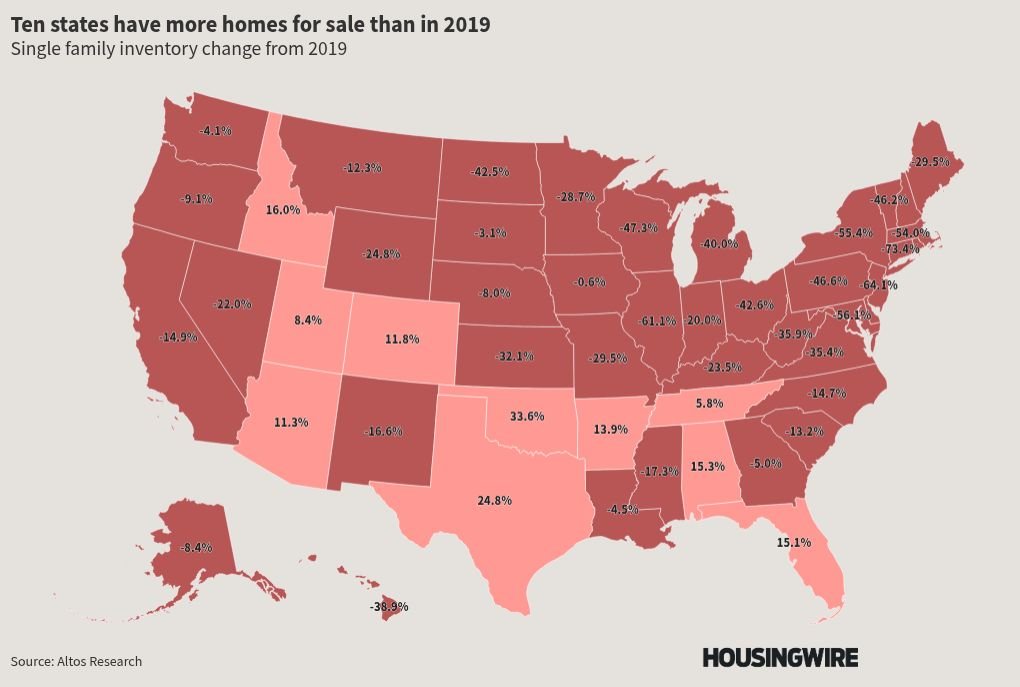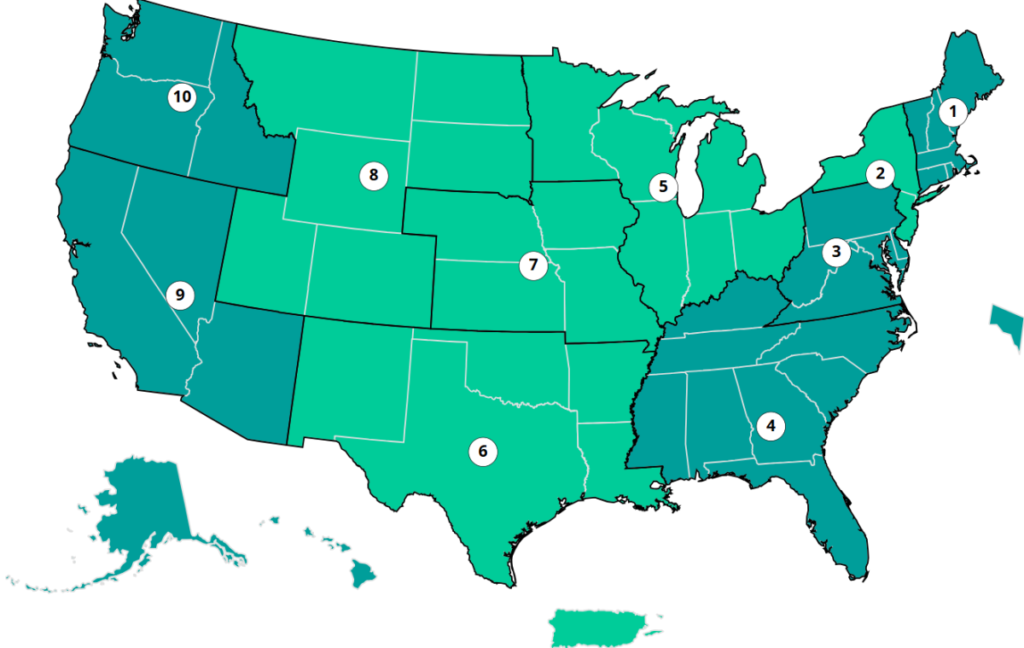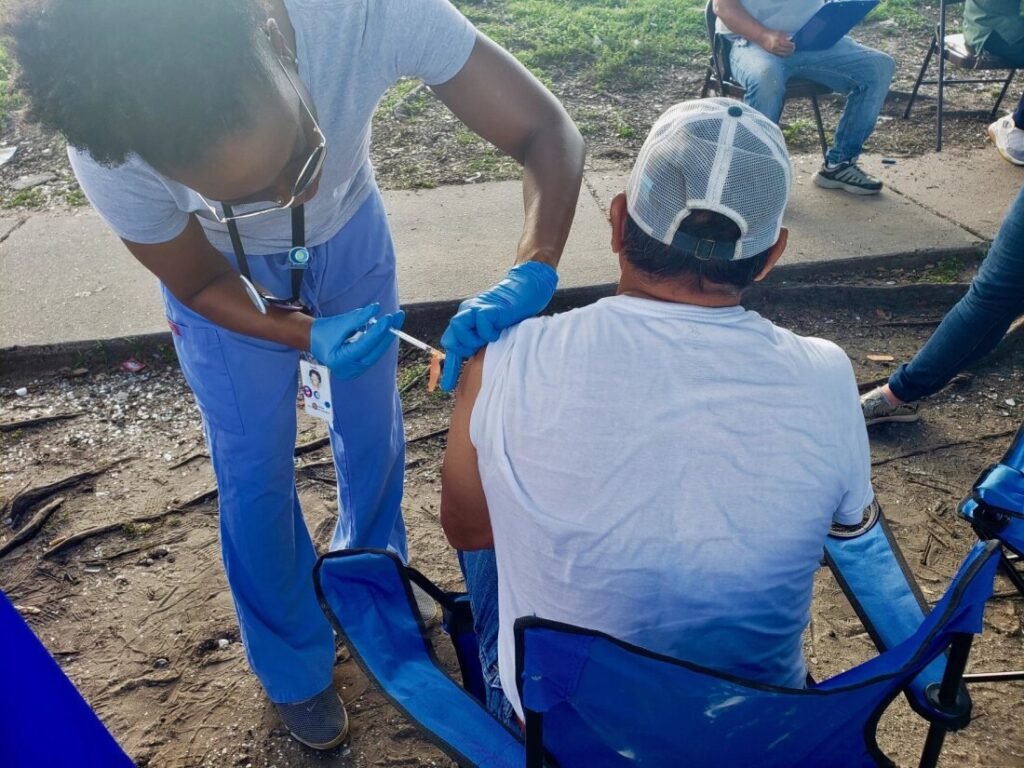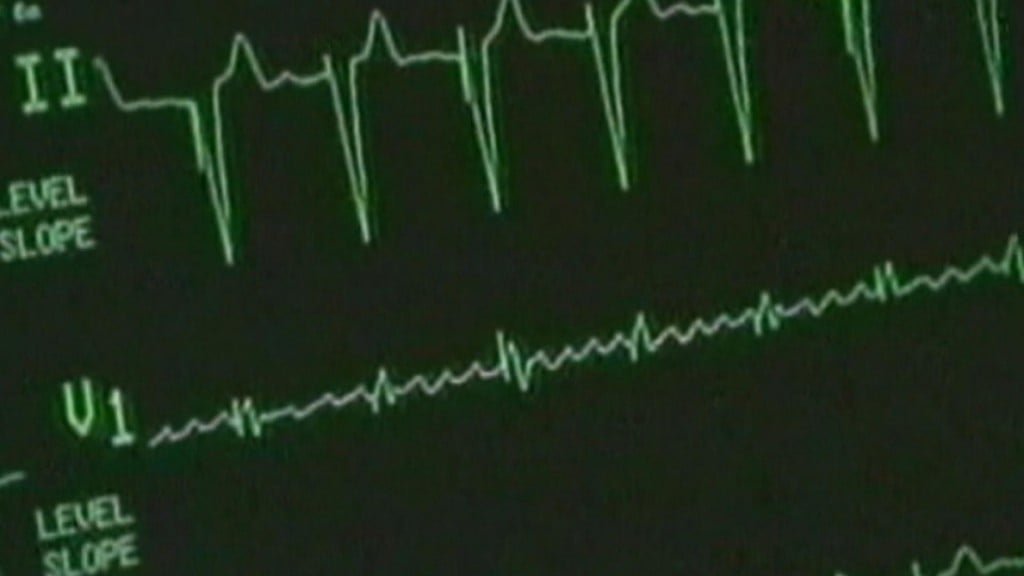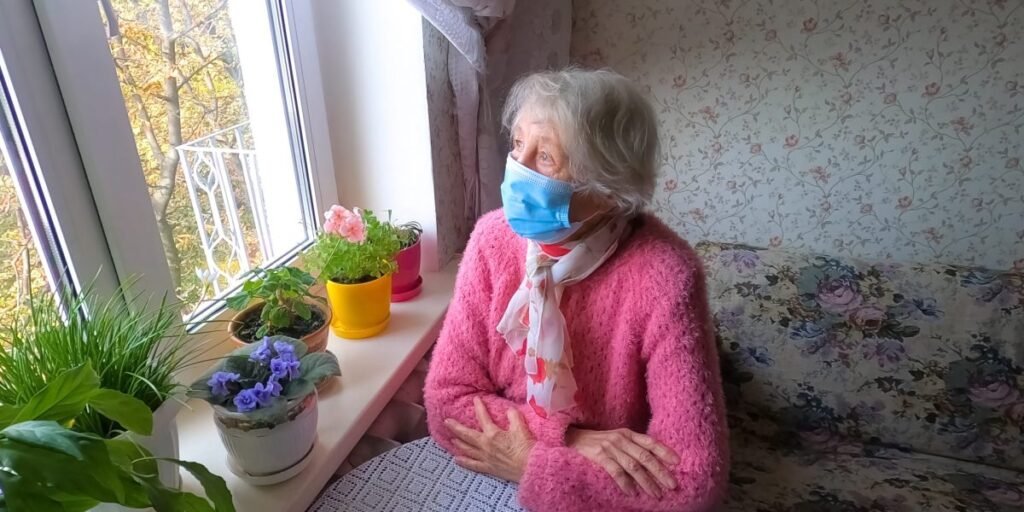A discredited study that set off a flurry of interest in using an antimalarial drug to treat COVID-19 has now been formally withdrawn.
A scientific journal on Tuesday retracted the March 2020 study that introduced the world to hydroxychloroquine early in the COVID-19 pandemic – and confirmed that the attention was undeserved from the start.
The antimalarial drug was briefly touted as a possible treatment for the novel coronavirus at a time when little else was available. This early study was published just as countries were shutting down and hospital wards and morgues were filling up. It offered a glimmer of hope when doctors has few treatments available for the newly emerged virus with as it killed tens of thousands of people in its first wave.
But fellow scientists quickly raised doubts about the study’s size, scientific flaws and ethics. Follow-up studies failed to confirm its findings.

Now, the journal that initially published the study, along with three of its 18 authors ‒ though not its most high-profile lead scientist ‒ have agreed to withdraw it. The International Journal of Antimicrobial Agents, which is owned by Elsevier and the International Society of Antimicrobial Chemotherapy, issued a formal retraction.
The French Society of Pharmacology and Therapeutics said the paper constituted a clear example of scientific misconduct, which was marked by manipulation and bias to “falsely present” the drug as effective against COVID-19. “This controversial study was the cornerstone of a global scandal,” the society said in a Tuesday statement.
“The promotion of the results led to the abusive prescription of hydroxychloroquine to millions of patients, leading to unwarranted risks to millions of people and potentially thousands of avoidable deaths. The promotion of the study also lead to the proliferation of useless studies, to the detriment of research on effective treatments.”
The treatment of choice for a while
In 2020, then-President Donald Trump said he had been taking hydroxychloroquine to prevent a COVID-19 infection, despite warnings by the U.S. Food and Drug Administration over its effectiveness. Trump frequently touted the drug, and his administration, along with several other local and international governments, worked to stockpile the drug. (Although he did not take it himself when he was first diagnosed with COVID-19 in the fall of 2020.)
Hydroxychloroquine has been linked to serious side effects, including cardiac arrest, heart rhythm issues, as well as liver failure and kidney disorders. FDA issued a warning for its use to treat a COVID-19 infection.
Prescriptions for hydroxychloroquine increased 80-fold between March 2019 and March 2020, according to the Centers for Disease Control and Prevention.
The drug is used safely to tamp down over-active immune responses in diseases such as rheumatoid arthritis and lupus, as well as to treat and prevent malaria. Its use to treat COVID-19 sometimes made it difficult for those patients to access the drug.
Challenges to the study
Early in the pandemic, the study’s senior researcher, Didier Raoult, promoted hydroxychloroquine as a way to quickly end the health crisis.
The now-retracted study included 36 patients with COVID-19, including 20 who were said to have been treated with hydroxychloroquine and azithromycin, an antibiotic. The journal’s review couldn’t determine if patients were fully informed of the treatment they were receiving, which is considered a violation of scientific ethics.

And six additional patients whose poor outcomes would have changed the study’s positive results were cut out of the study after it began, the Dutch microbiologist and scientific integrity consultant Elisabeth Bik pointed out in a 2020 blog post, calling the findings into question.
Raoult, then head of the Institut Hospitalo-Universitaire (IHU) Méditerranée Infection, a research hospital in Marseille, also published several research papers that were discredited, according to the news outlet Science. IHU faced criminal investigation for the research. Raoult has also spurred controversy by denying well established scientific theories, such as Darwinian evolution and climate change.
‘You don’t get closer to the truth by politicizing science’
The retracted paper is an example of what happens when studies and the scientific record get politicized, said Ivan Oransky, co-founder of Retraction Watch, a scientific watchdog organization that tracked the concerns raised over this hydroxychloroquine study.
He said he’d be surprised if advocates of the drug’s disproven use against COVID-19 change their minds with the retraction. It might even backfire, hardening their views, because they think the study has been targeted by the establishment, he said.
“It’s probably frustrating to everyone involved, on every side of it,” Oransky, who also teaches medical journalism at New York University, said. “You don’t get closer to the truth by politicizing science.”
Early in the pandemic, he said, research moved quickly, with researchers desperate to better understand the SARS-CoV-2 virus that causes COVID-19, and find effective treatments for very sick people.
Sometimes in the course of an evolving pandemic, the science changes or scientists rush and make a mistake, Oransky said. Public health officials and researchers need to acknowledge when they get things wrong.
“Otherwise, we’re just going to get into a worse and worse cycle,” he said.
Elizabeth Weise of USA TODAY contributed to this story.


